سد الفجوة الرقمية بين الجنسين - الحلقة 41
IFAD Asset Request Portlet
ناشر الأصول
سد الفجوة الرقمية بين الجنسين - الحلقة 41
27 فبراير 2023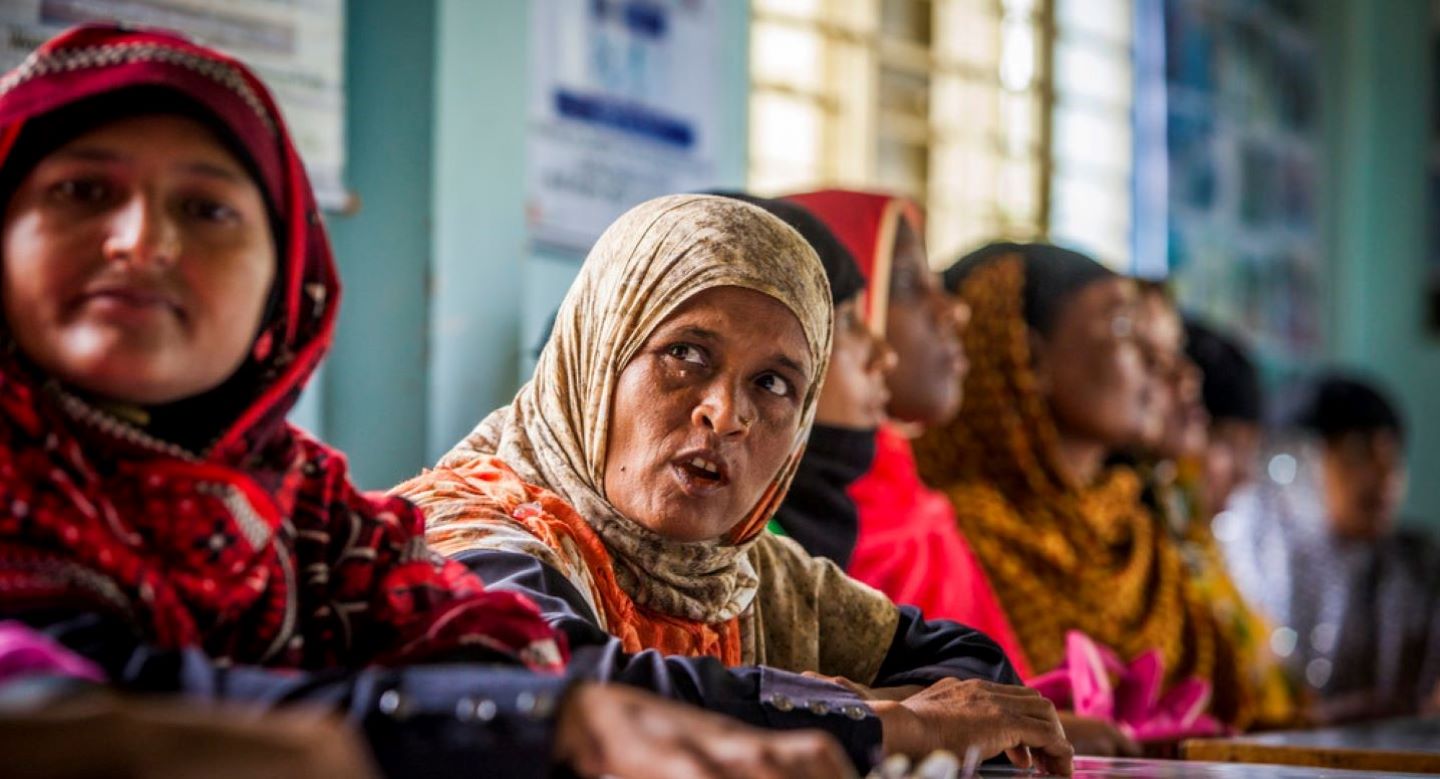
في الفترة التي تسبق يوم المرأة العالمي ، نستكشف تأثير الفجوة الرقمية بين الجنسين. ضيفتنا الأولى هي ندايا بلتشيكا من الصندوق ، تليها ناشطة من السكان الأصليين من كولومبيا ، وخبيرة في تمكين المرأة في ساموا وباحثة في السيادة الغذائية من قبيلة لاكوتا.
نسمع أيضًا من رون هارتمان من الصندوق حول مشهد المانحين المتغير باستمرار ، قبل التحقق من ماكس كوتون ورحلته للاكتفاء الذاتي. نختتم بحلقة جديدة من سلسلتنا حول تغير المناخ في بنغلاديش.
محتوى الحلقة
- ندايا بيلتشيكا في اليوم العالمي للمرأة
- رون هارتمان حول تجديد موارد الصندوق والتحديثات من المنصة العالمية للمانحين
- المزيد عن حافظة الصندوق الخاصة بالمساواة بين الجنسين
- دايانا دوكيرا دومينيكو تتحدث عن المعركة من أجل المساواة والاستدامة
- الاعتماد على الذات من خلال الأعمال التجارية الزراعية في ساموا
- إلسي دوبراي تتحدث عن أهمية السيادة الغذائية
- ما الذي يفعله الصندوق لتعزيز المساواة بين الجنسين؟
- ماكس كوتون: كيف أصبح رجل واحد مكتفيا ذاتيا
- نساء يأخذن عجلة القيادة في بنغلاديش
- تلخيص
ندايا بيلتشيكا في اليوم العالمي للمرأة
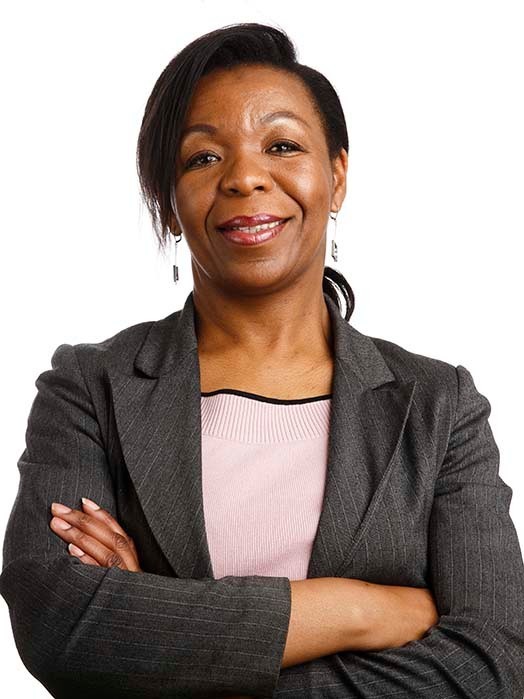
IFAD’s Lead Technical Specialist for Gender and Social Inclusion, Ndaya Beltchika, celebrate International Women’s Day and talks about the importance of innovation and technological change in the fight to achieve gender equality.
Ron Hartman on IFAD’s replenishment and updates from the Global Donor Platform
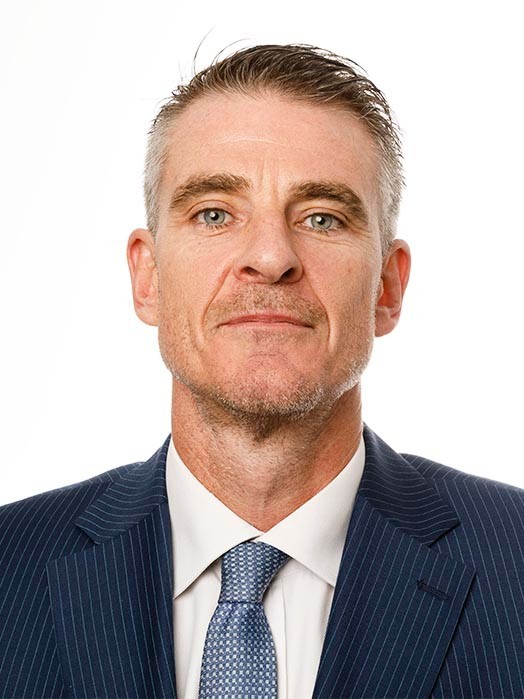
Ron Hartman is IFAD’s Director of Global Engagement, Partnerships, and Resource Mobilization. He’s also IFAD’s board member at the Global Donor Platform, which aims to tackle global poverty and hunger by developing agriculture, reshaping food systems, and investing in rural communities.
More on IFAD’s gender portfolio
More from Ndaya Beltchika, who tell us about IFAD’s involvement and contributions to gender equality in agriculture and rural communities.
Dayana Dokera Domico on the battle for equality and sustainability
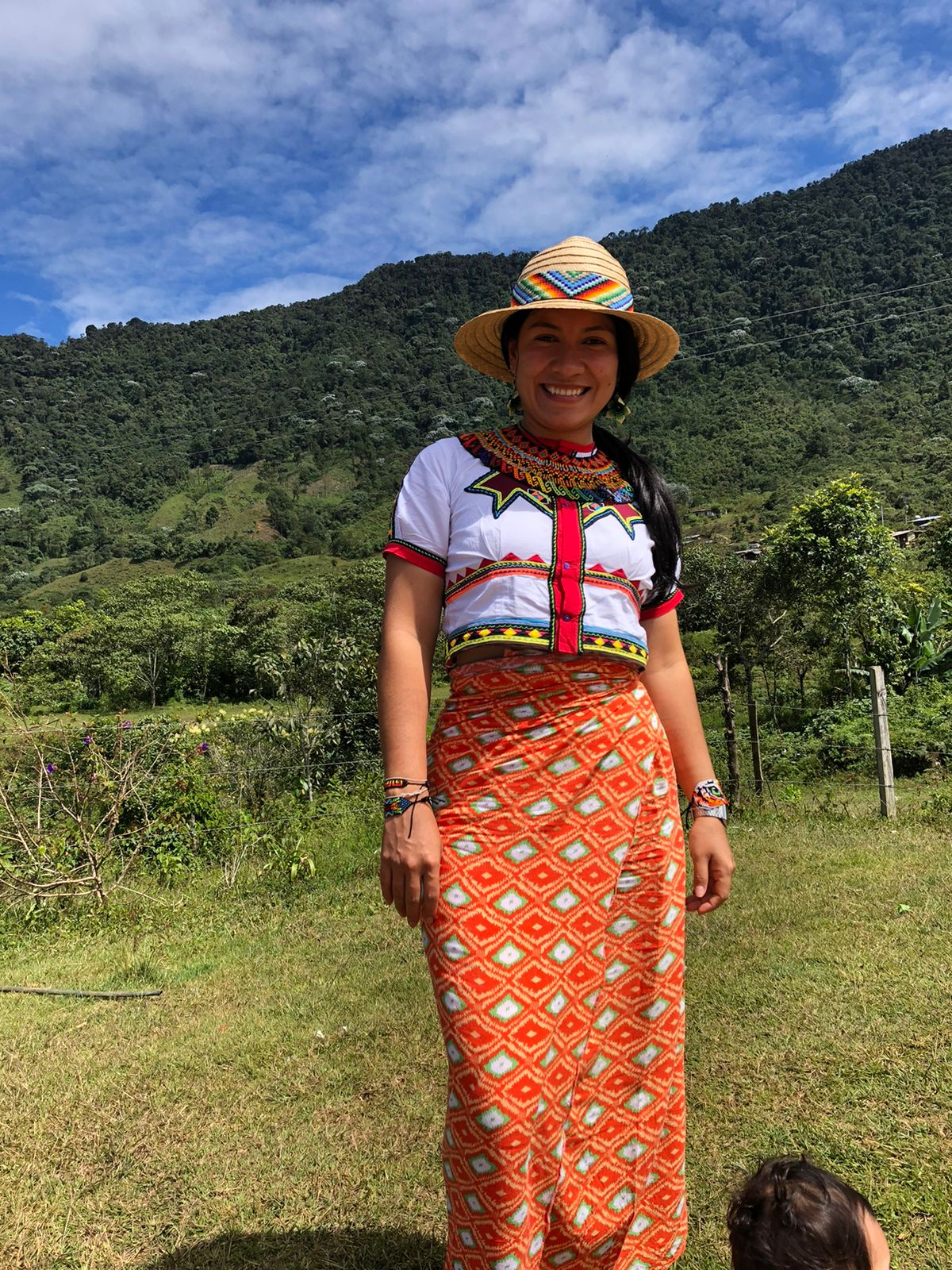
Dayana Dokera Domico is an indigenous activist from Colombia. She tells us about the role of indigenous communities – especially the youth and women – in the fight for a more sustainable future. Dayana has been nominated as a young indigenous activist for indigenous rights by the UN.
Self-reliance through agri-business in Samoa
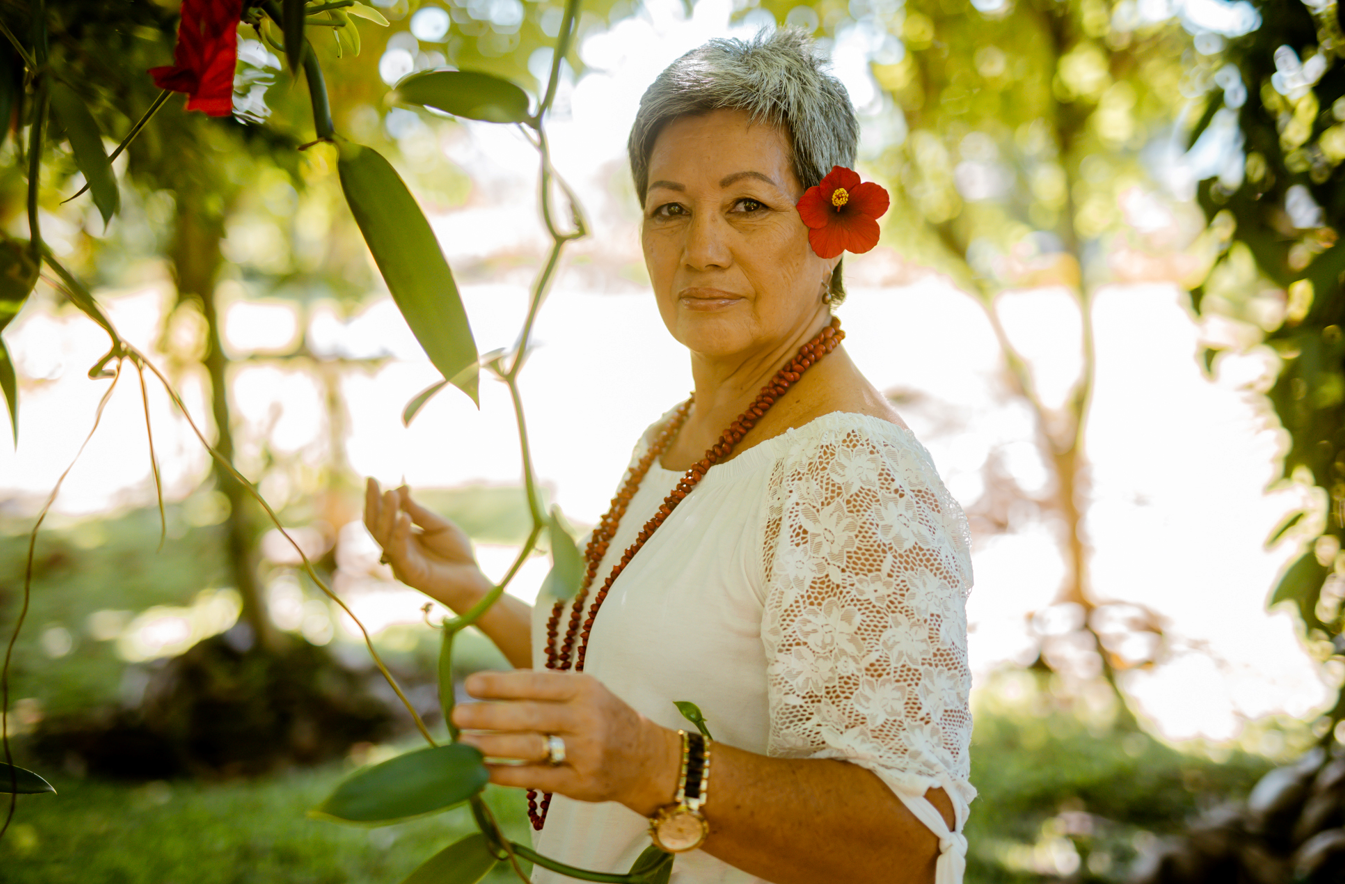
Shelley Burich is a community organizer, female empowerment professional and an e-commerce entrepreneur. She is also the only commercial vanilla farmer in all of Samoa. She is passionate about IFAD’s support of women across the island, helping them to become self-reliant through agri-business.
Elsie DuBray on the importance of food sovereignty
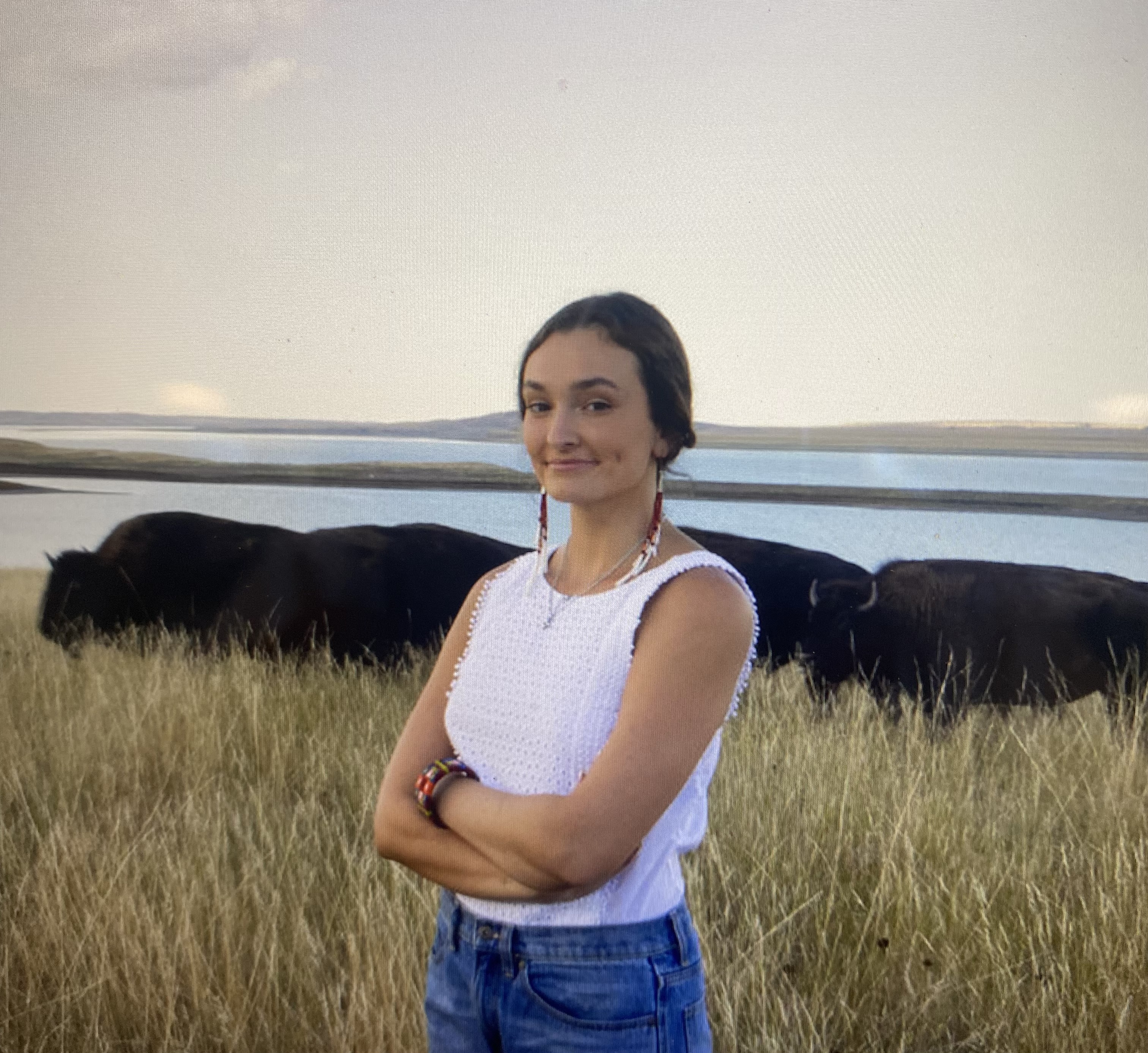
Elsie DuBray is an activist and researcher from the indigenous Lakota tribe and a student at Stanford University. Her lifelong research has centred around food sovereignty and the connection between buffalo and the health of the Lakota people.
What is IFAD doing to promote gender equality?
In our final chat with Ndaya Beltchika, she stresses the importance of technology and education in removing gender barriers and transforming the lives of women and girls.
Ndaya explains what IFAD is doing to help. To find out more about our work for gender equality in rural communities, visit https://www.ifad.org/gender.
Max Cotton: how one man became self-sufficient

Last year Max Cotton changed his life. From parliament correspondent – and former colleague of your podcast host, Brian Thomson – to a self-sufficient farmer in rural southwest England. He sustains himself solely with what he grows, except for tap water and salt. If you’re curious, follow his You Tube Channel: No Milk Today.
Women take the wheel in Bangladesh
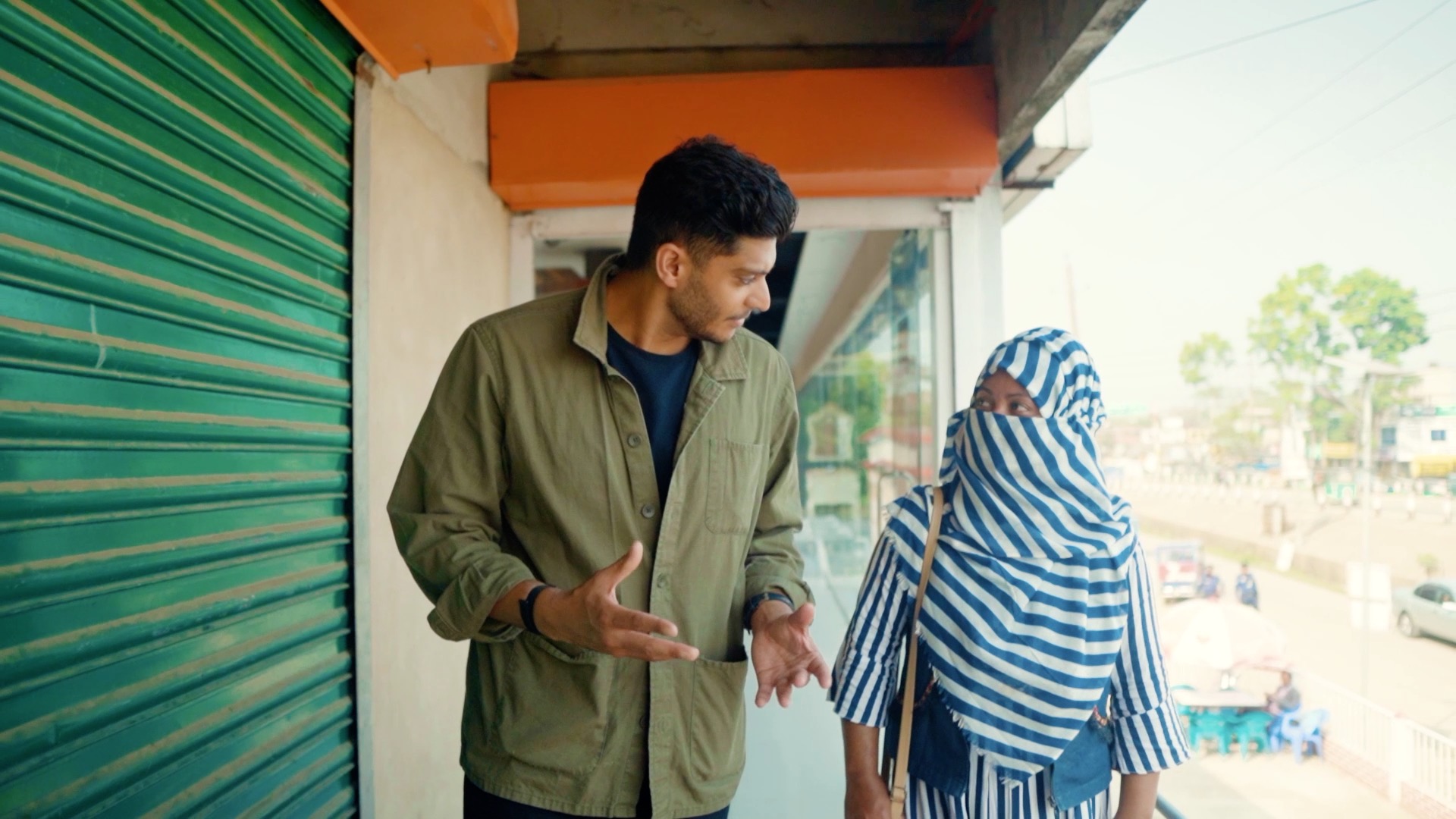
Reporter Qasa Alom follows up on an IFAD project that offers driving lessons to young rural women in Bangladesh and helps them develop their careers as drivers.
For more from Bangladesh, check out Qasa Alom’s YouTube channel: QasaVision.
Summing up
Many thanks to our producer here in Rome Francesco Manetti and the rest of the team – including our reporters Ian Smith and Carolyn Sillau Herrera. Our hosts were Michelle Tang and Brian Thomson.
Remember, we want to hear from you – what do you think about our stories and the issues raised and who do you want us to be talking to. Get in touch at [email protected]. You can also email us voice or text messages and we’ll be happy to play them out in our next episode.
You may subscribe to this podcast via your favourite podcast platform and find more stories at https://www.ifad.org/en/web/latest/podcasts.
Next month’s episode will be all about innovation. And once again, we’ll be trying to be Good for You, Good for the Planet, and Good for the Farmers.
You might like to read and listen to some of our past episodes:
- In episode 38 we looked at biodiversity and farming
- Episode 39 we heard from IFAD’s President Alvaro Lario.
- Episode 40 we focused on the Indigenous People's Forum.